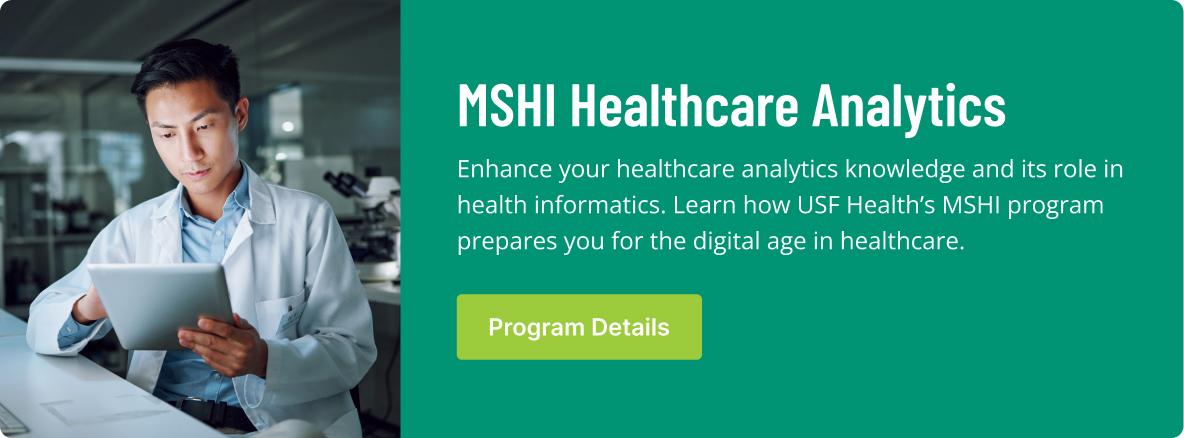Launched in 2016, the Sync for Science (S4S) initiative enables patients to access their health data and share it with researchers as part of the Precision Medicine Initiative (PMI).
A complementary program, Sync for Genes, was launched in 2017 to provide opportunities for patients to share genomic information.
A genome contains all of the genetic instructions contained in an organism’s DNA. Making genetic information available to researchers and physicians at the point of care has tremendous potential to improve patient outcomes.
The information contained in the genome can show physicians a patient’s health risks and patterns, and provide a guide for care plans.
Sync for Genes, like S4S, has its origins in the “All of Us Research Program,” part of the Precision Medicine Initiative (PMI). PMI, which began in 2015, is an effort to gather health data from 1 million or more U.S. residents, and then provide the data to researchers.
According to the National Institutes of Health, “The All of Us Research Program seeks to extend precision medicine to all diseases by building a national research cohort of one million or more U.S. participants. Many factors have converged to make now the right time to begin a program of this scale and scope.”
Sync for Genes is a vital part of All of Us, according to Deputy National Coordinator for Health IT Jon White, M.D. The program is “meant to enable and improve patients’ ability to seamlessly share their genomic information through application programming interfaces,” White said.
In order for genomic data to have research value, it must be shared in a consistent and usable manner. To that end, Sync for Genes, as did S4S, uses Fast Healthcare Interoperability Resources (FHIR) established by Health Level Seven International (HL7), an organization that creates medical standards for the electronic exchange and integration of healthcare information.
The goal of Sync for Genes is to bring clinical genomics to the point of care. To move toward accomplishment of this goal, the ONC chose five Sync 4 Genes pilot sites based on their involvement with different facets of genomic data. Those organizations and their focuses are:
- Counsyl with Intermountain Healthcare (Family Health History Genetics)
- The Food and Drug Administration (Sequencing Quality and Regulatory Genomics)
- Foundation Medicine with Vanderbilt University Medical Center (Somatic/Tumor Testing)
- Illumina (Next Generation Sequencing Solutions)
- The National Marrow Donor Program/Be the Match (Tissue Matching)
Of particular interest, Counsyl—a health technology organization offering DNA screening—was matched with Intermountain Healthcare to provide family health history and other genetics data to patients as well as clinicians and researchers.
“In many cases, submitting a patient family health history along with a genetic test order gives the lab, the ordering clinician, and the genetic counselor, a deeper analysis and a more informed interpretation of the test results,” said Grant Wood of Intermountain Healthcare in an interview with Health Data Management. “This benefit extends beyond just the patient, but to the patient’s biological family, which also may be affected by an inherited genetic mutation.”
The first phase of Sync for Genes was completed late last year. One major issue discovered in the trials that must be addressed is patient matching. Different facilities use identifiers to note patients, but those identifiers often aren’t known outside that particular facility.
In Phase 2, Zayas Caban of the ONC said pilot sites will expand their profile work to support the integration of genomics and clinical information more fully.




